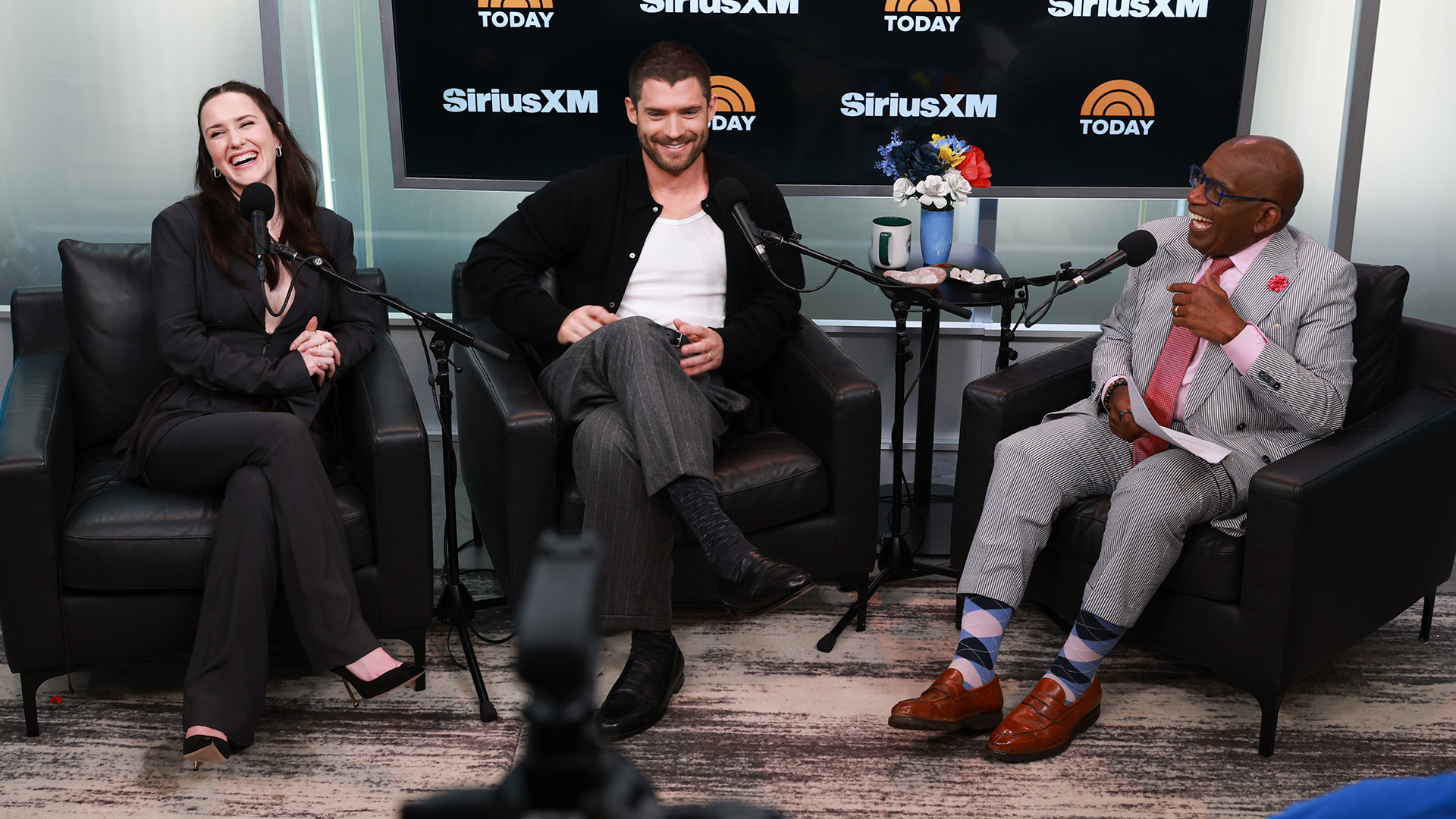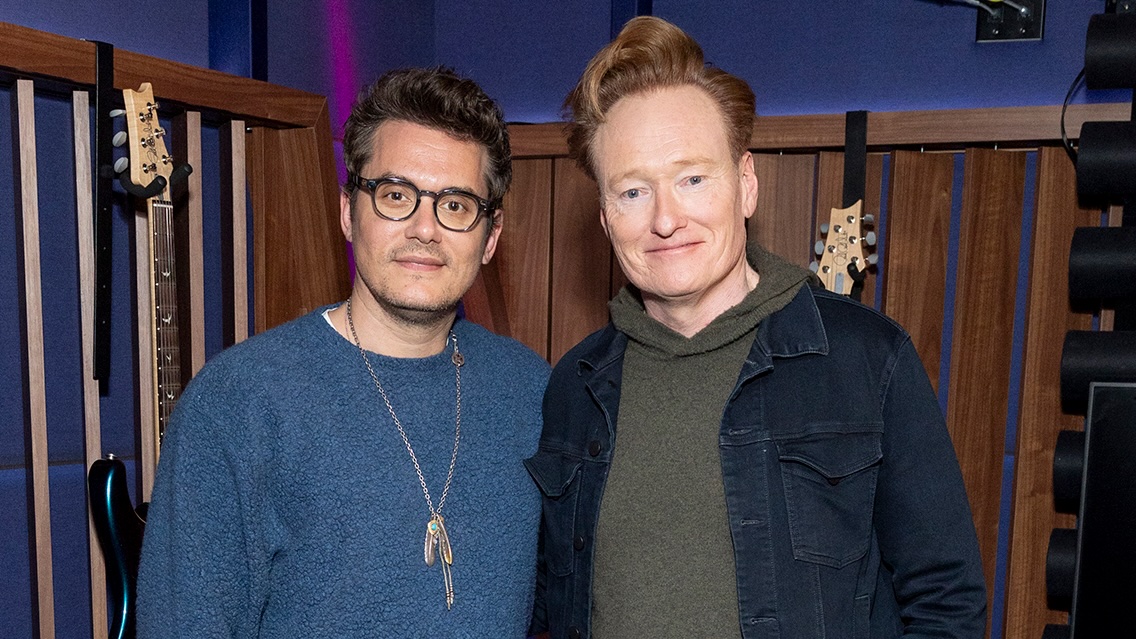Thelma Houston Revisits Her Musical Roots at Museum Show: ‘Never Thought I’d Have an Exhibit About My Life’
"Don’t Leave Me This Way: The Legacy of Thelma Houston" is on display at the African American Cultural Center of Long Beach.

It’s well known that Snoop Dogg hails from Long Beach, Calif. But the rapper isn’t the only legend whose roots stretch from that coastal city nestled in southeastern Los Angeles county. Which inspired a current exhibit — and launch of an ongoing initiative — at the African American Cultural Center of Long Beach.
Running through July 26, “Don’t Leave Me This Way: The Legacy of Thelma Houston” is named after the Motown/Tamla singer’s 1976 No. 1 crossover R&B/pop dance disco classic, a song that came in at No. 55 on Billboard‘s recent list of the best dance songs of all time.
The exhibit chronicles the career of the Long Beach-raised Houston, whose catalog includes the top 20 R&B hits “If It’s the Last Thing I Do,” “Saturday Night, Sunday Morning” and “You Used to Hold Me So Tight.” Earning her first Grammy nomination for her first R&B-charting single (No. 64), 1974’s “You’ve Been Doing Wrong for So Long,” Houston won a best R&B vocal performance Grammy for “Don’t.”
Houston’s vocal versatility has graced songs by notable writers such as Laura Nyro, Kris Kristofferson and Mick Jagger and Keith Richards, and garnered collaborations with composer Jimmy Webb, and Jimmy Jam and Terry Lewis. The exhibit also encompasses her role as the Clock during season 11 of The Masked Singer in 2024 — during which a new generation of music fans witnessed her still powerful vocals — and the April induction of her 1975 album with Pressure Cooker, I’ve Got the Music in Me, into the Library of Congress’ National Recording Registry. Still performing and recording, Houston recently released a cover of the O’Jays’ “Love Train.”

“I never thought I’d have an exhibit about my life anywhere, to be honest,” Houston tells Billboard. “I look back on some of these things, especially at the exhibit, and it’s hard for me to believe that all these things happened to me. It’s very interesting to be living and see your life, your career, unfold right there in front of you. All I ever wanted to do was make my living as a singer.”
Born in Leland, Miss., Houston relocated to Long Beach with her family when she was 10 years old. She credits her junior high school principal Buck Catlin as the mentor who told her early on that she could have a singing career. “I started singing and then professionally in Long Beach,” she adds, “so Long Beach has a very special place in my heart.”
Houston’s sentiment about the formative role Long Beach played in her career stands at the heart of what Sharon Diggs-Jackson, a founding board member of the African American Cultural Center, wants to impart through future exhibits starring other Long Beach-bred legends.
“This year we had an intentional effort,” says Diggs-Jackson, a fellow Long Beach native who also serves as the center’s exhibit curator. “We had to do Thelma; the longevity of a career is the other part of what we want young people to understand. When you look at Thelma, who’s 82, you really see that. We’re going to continue focusing on Long Beach legends in 2026, wanting to tell the story of their amazing music careers and legacies.”

Two months ago, the center launched its legacy spotlight featuring the late Freeman Davis, aka Brother Bones, known for his ability to play the bones, whistle and tap dance. It’s his version of “Sweet Georgia Brown” that the famed Harlem Globetrotters adopted as their official theme song. Diggs-Jackson says she and her team are currently working on an exhibit about the city’s hip-hop legacy slated for 2026.
“We hope to also feature [singer-songwriter-producer] Art Reynolds as well as War,” says Diggs-Jackson. “[War co-founder] Harold Brown was here for Thelma Houston’s exhibit opening [June 6]; the group got their star on the Hollywood Walk of Fame this year. When we think of our musical legends, those are the ones that we are looking to feature.”
Future plans also include a move from the center’s temporary location into a larger permanent venue. “We hope to have something in place before the 2028 Olympics,” adds Diggs-Jackson, “so we can really tell the African American story here in Long Beach.”
What's Your Reaction?








































